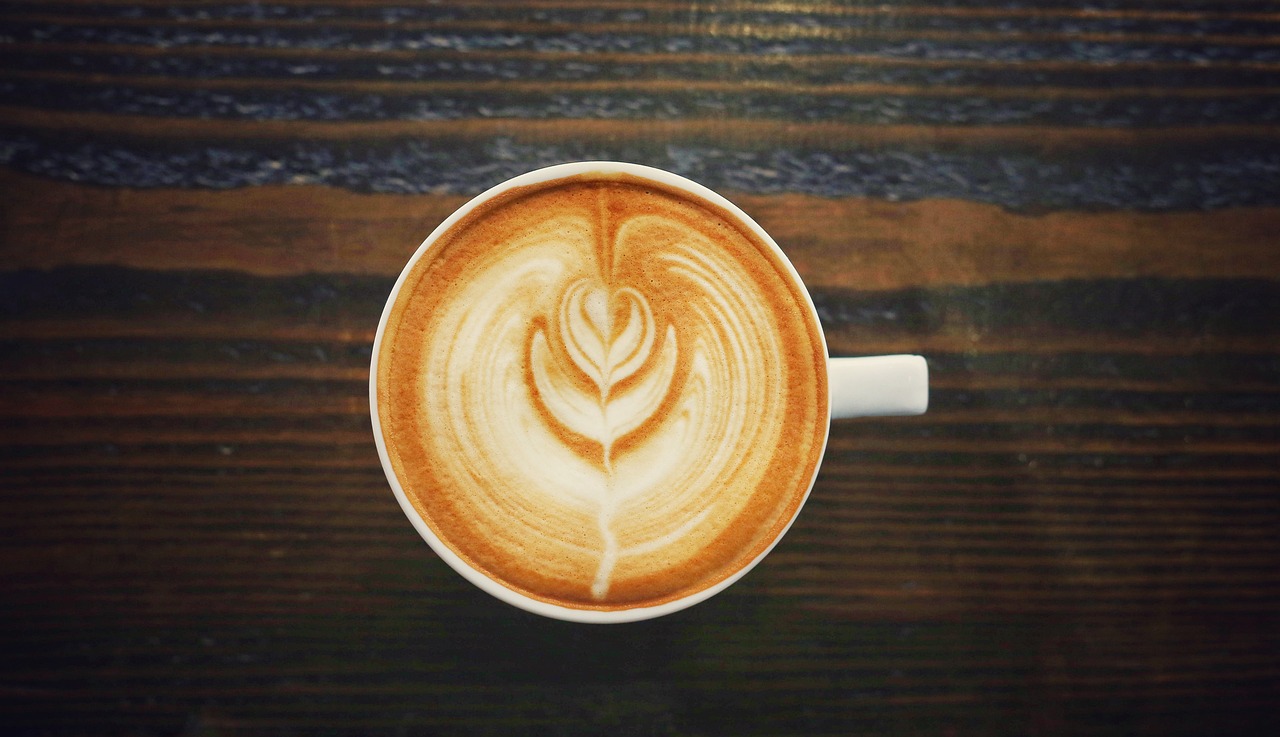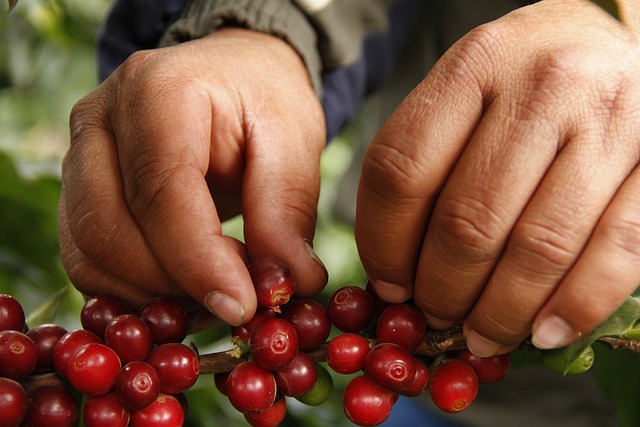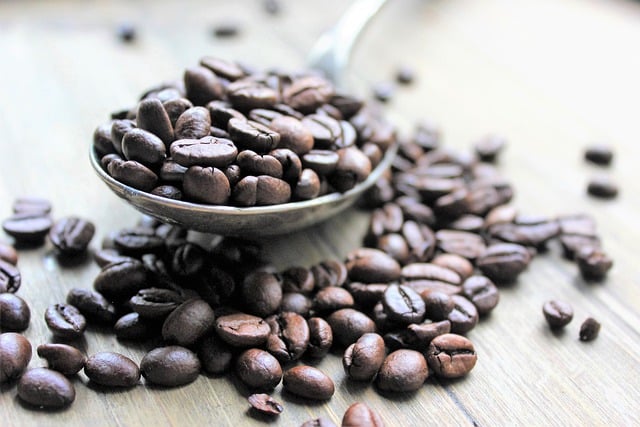Peruvian coffee is well-known around the world for its rich flavor, distinct aroma, and the farmers' dedication to their craft. Coffee beans are grown in Peru's diverse landscapes, from the high-altitude Andes to the lush Amazon rainforest, with a strong respect for nature and tradition. This blog will take you on a journey through Peruvian coffee's origins, cultivation, preparation, and health benefits, revealing what makes it such a popular beverage around the world.
The Origins of Peruvian Coffee

A Brief History
Coffee's origins can be traced back to the Arab world around 1000 AD, but it wasn't until the mid-1700s that it reached Peru. Peruvian coffee, originally grown for domestic use, became an international sensation in the late 1800s when European demand skyrocketed as a result of an Asian coffee rust epidemic.
England, in particular, contributed significantly to the development of Peru's coffee industry by establishing large plantations. Following the World Wars, these plantations were taken over by Peruvian families, who continued to expand and improve coffee production. By the 2000s, Peru had emerged as a major player in the global coffee market.
The Coffee Belt in Peru
Peru's "coffee belt" runs the entire length of the country, from north to south. This region provides ideal growing conditions for coffee, with varying altitudes, climates, and soil types contributing to the variety of flavor profiles in Peruvian coffee. Each region, from Piura in the north to Puno in the south, produces coffee with distinct characteristics, making it a coffee lover's paradise.
Where is Peruvian Coffee Grown?
Key Coffee-Producing Regions
- Cusco: Known for its high-altitude plantations, Cusco offers a perfect climate for coffee cultivation. The region's coffee is characterized by its creamy body and flavors of red and black fruits, such as plums and grapes.
- Amazonas: Located in the Amazon rainforest, this region produces coffee with balanced acidity and a flavor profile that includes dry fruits, caramel, and candy.
- Cajamarca: Cajamarca's coffee is bright and sweet, with notes of red and yellow fruits. The region's high-altitude farms are particularly well-suited for growing Typica and Bourbon varieties.
- Puno: Coffee from Puno is known for its bright, juicy, and balanced flavor, often with tropical fruit and floral notes. The region's coffee has won numerous international awards for its exceptional quality.

How is Peruvian Coffee Made?
Cultivation and Harvest
Peruvian coffee is typically grown in the highlands, at elevations ranging from 900 to 2,100 meters (2,950 to 6,890 feet). The cultivation process begins with selecting the appropriate coffee plant varieties, such as Typica, Caturra, and Bourbon, that are well suited to the unique conditions of each region. Coffee plants are grown in traditional shade-growing techniques, which benefit regional ecosystems and soil health.
Harvesting is done manually, so only the ripest coffee cherries are picked. This labor-intensive process demonstrates the dedication and craftsmanship of Peruvian coffee farmers.
Processing Methods
Once harvested, coffee cherries are processed to extract the beans. The most common methods are:
- Washed Process: The cherries are pulped, and the beans are fermented to remove mucilage before drying. This method results in a clean, vibrant cup with distinct flavors.
- Natural Process: The cherries are dried while the beans are still inside, allowing the fruit's sugars to impart a sweet and fruity flavor to the beans. This method is less common in Peru, but is gaining popularity due to its distinct flavor profile.
Roasting and Grinding
Peruvian coffee beans are roasted at lower temperatures than most other coffees, allowing their natural flavors to shine through. The roasting process is critical in determining the coffee's final flavor profile, with light roasts preserving the beans' natural characteristics and dark roasts producing richer, more intense aromas.
The grinding process is just as important, with the grind size tailored to the brewing method. A coarse grind is best for a French press, while a fine grind works well for espresso.
What Does Peruvian Coffee Taste Like?
Peruvian coffee is known for its full-bodied flavors and distinct aroma. The flavor varies greatly depending on the region, roast, and preparation method, but common notes include chocolate, honey, nuts, and tropical fruits. Peruvian coffee is typically low in acidity and bitterness, making it smooth and enjoyable to a variety of palates.

What Makes Peruvian Coffee So Special?
Unique Growing Conditions
Peru's high altitudes, diverse climates, and rich volcanic soils provide an ideal environment for coffee cultivation. These factors contribute to the complexity and depth of flavor in Peruvian coffee, which is complemented by many Peruvian farmers' traditional, environmentally friendly farming practices.
Awards and Recognition
Peruvian coffee has consistently won prestigious awards on the global stage. Some notable achievements include:
- Best Quality Coffee: Awarded to coffee from Puno at the Global Specialty Coffee Expo in Seattle, 2018.
- Best in the World: Coffee from Puno and Cusco received this title at the International Coffee Awards SPP in 2018 and 2019, respectively.
- World's Best Organic Coffee: Recognized by the Specialty Coffee Association of America in 2010.
- Multiple Awards: At the International Contest for Coffees Roasted in their Country of Origin in Paris, 2017, coffee from Junin, Pasco, Puno, Amazonas, and San Martin won 23 awards.
Benefits of Drinking Peruvian Coffee
Health Benefits
Peruvian coffee contains high levels of antioxidants, including polyphenols, which can help protect the body from oxidative stress and inflammation. Regular coffee consumption has been linked to a variety of health benefits, including:
- Improved Cognitive Function: Coffee can help with memory, attention span, and mental alertness.
Increased Longevity: Research indicates that coffee drinkers may have a lower risk of several chronic diseases, including type 2 diabetes, Alzheimer's, and Parkinson's disease. - Enhanced Physical Performance: Coffee contains caffeine, which has been shown to improve athletic performance by increasing energy and endurance.
- Support for Heart Health: Coffee has been linked to a lower risk of cardiovascular disease and stroke.

How to Enjoy Peruvian Coffee
The best way to experience the full flavor of Peruvian coffee is to brew it in a way that suits your preferences. Some popular brewing methods are:
- French Press: This method preserves the rich oils and natural flavors of the coffee, resulting in a full-bodied and aromatic cup.
- Espresso: For a more concentrated and intense coffee experience, use an espresso machine to extract the bold flavors of Peruvian coffee beans.
- Pour Over: This method allows for precise control over the brewing process, highlighting the subtle nuances of the coffee's flavor profile.
Peruvian Coffee Culture
Traditions and rituals
Peruvian coffee culture is deeply influenced by tradition and community. Unlike the quick espresso culture of Europe, coffee in Peru is frequently consumed slowly and shared with friends and family. The "sobremesa," or time to relax and chat after a meal, is an important part of Peruvian culture, and coffee is central to these gatherings.
Modern Coffee Scene
In recent years, Peru has seen an increase in specialty coffee shops, where baristas experiment with different brewing methods to showcase the diverse flavors of Peruvian coffee. Peru's coffee culture is evolving while remaining true to its roots, with traditional Café Pasado, a strong brew made with spices, and modern brewing techniques such as AeroPress and Chemex.
Peruvian coffee is more than a beverage; it represents the country's rich history, diverse landscapes, and people's dedication. Whether you're a coffee connoisseur or just starting out in the world of specialty coffee, Peruvian coffee provides an unforgettable experience. From its complex flavor profiles to its health benefits and cultural significance, Peruvian coffee is unquestionably among the best in the world.
Are you ready to try Peruvian coffee for yourself? Contact us today to begin planning your customized tour! Complete our Peru travel survey or email us at info@peruviansunrise.com, and let's make your dream trip a reality.
Thank you for reading!
Please, follow us on Facebook and Instagram, click on the following icons: ![]()
![]()
![]()
And If you liked the article, you are very welcome to share it on your social media.
